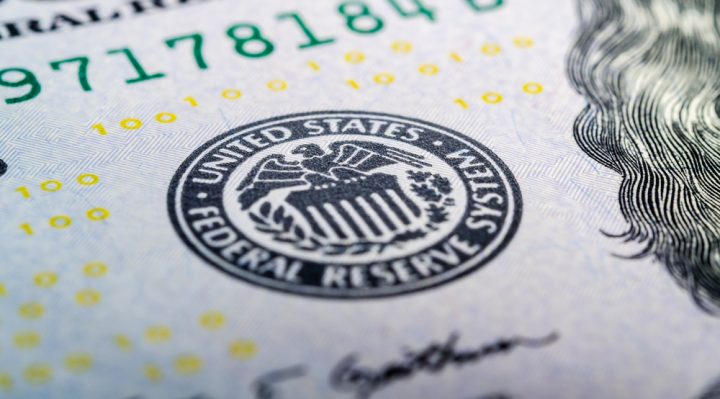It was clear by the end of financial year that Feds will be hiking interest rates multiple times in 2017. While interest rate hikes created a stir in the finance community, there is something more perilous waiting for us. The Feds are now normalising their balance sheet, effectively bonds amount to $4.5 trillion. This move by the Feds could have a major impact on the US economy, particularly in bringing an interest rate hike sooner than expected.

The Risks
The officials of the central bank met to address the balance sheet issues in March. Per the meeting minutes, consumers, and investors should stay on their toes. If the Feds carry out the balance sheet cleansing without affecting the market. The move is unprecedented and may startle the markets for sure. Therefore, the chances of it going wrong are higher, and more devastating. There would be a steep increase in the rate of interest. The bond markets will go through a major upheaval and stocks will also be affected sharply.
What Happens Next
The balance sheet of the Feds contains $4.52 trillion of bonds. After recession hit the economy, Feds went on to apply quantitative easing in the economy. The central bank bought $3.7 trillion worth of bonds in three rounds of buying. The financial crises of the country were resolved as more money was injected to boost economic activity. Now, the Feds want to normalize the balance sheets. They will be focusing primarily on $1.77 trillion of mortgage backed securities and $2.46 trillion of Treasuries.
Why is the Move Logical?
The Feds will experience a leadership change soon and it is wise to get started with the process right now. If the normalization of the balance sheets starts now, it would be easier for the new Fed chair to manage its affairs. Janet Yellen’s term will be over in early 2018. A new leadership will bring uncertainty. However, lasting processes that start now will help in reducing the burden. Economists at Goldman Sachs and Barclays have welcomed this move.
There are chances of re-election of Janet Yellen as Fed chair. However, even if she leaves, she has created a legacy for post-financial crises normalization. A corrected balance sheet, coupled with rate hikes in June and September will act as a boon for the new leadership. The transition will be smoother and the chances of a chaotic change will be reduced. Overall, it seems that interest rate hikes will be facilitated with the balance sheet normalization process and not affected negatively.
Anthony Young
Latest posts by Anthony Young (see all)
- Samuel Nathan Kahn (Manchester, UK) – Fit to Run Finance Firm - July 31, 2021
- Quarashi’s Ticks the All the Right Boxes… Anonymously - July 16, 2021
- JETT Lifts Off in Miami Launch - July 16, 2021






